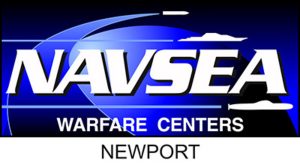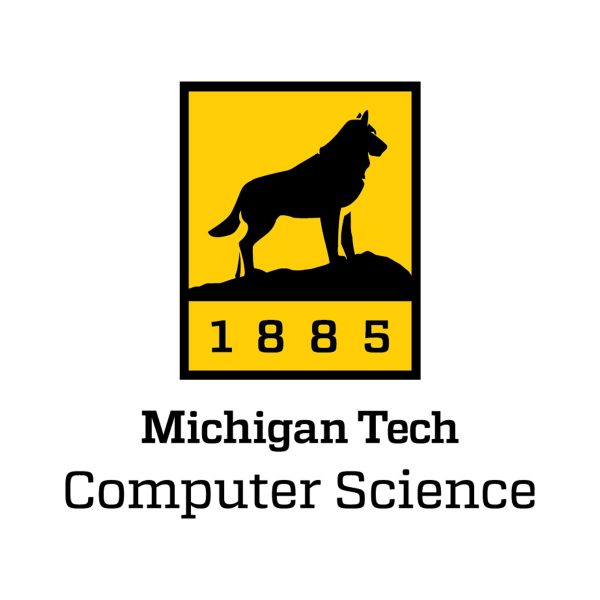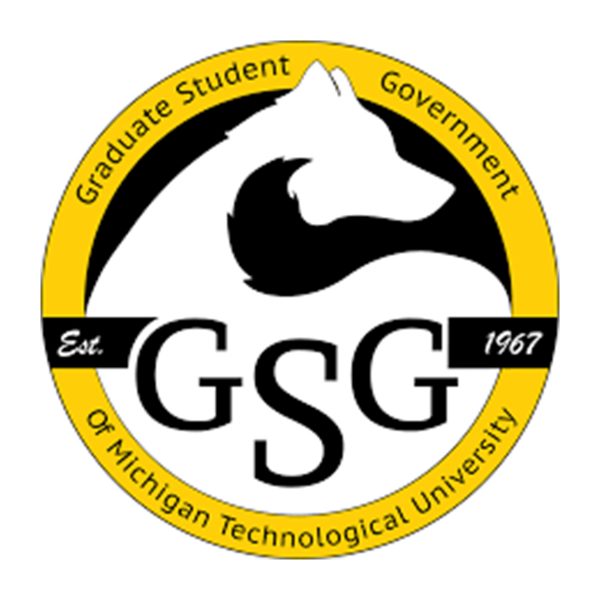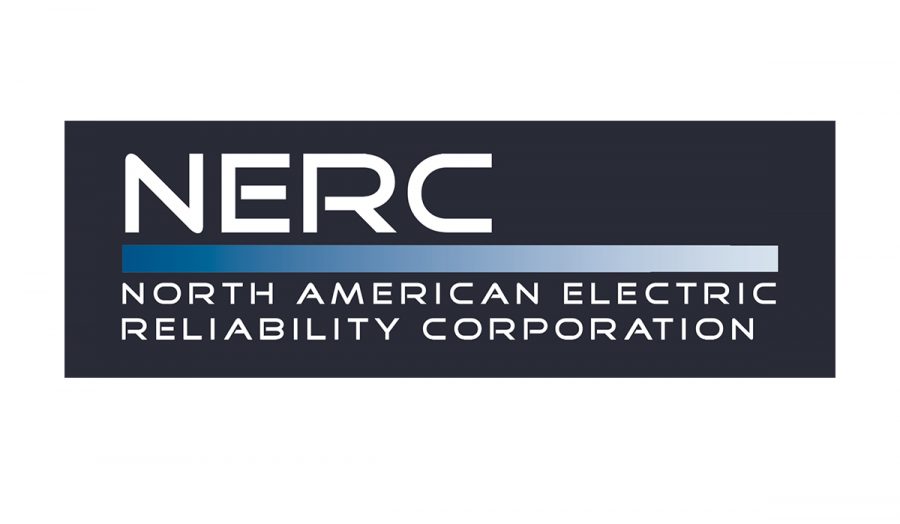
Timothy Havens, the William and Gloria Jackson Associate Professor of Computer Systems, has co-authored a paper recently published in The Journal of the Acoustical Society of America, Volume 50, Issue 1.
The paper is titled, “Recurrent networks for direction-of-arrival identification of an acoustic source in a shallow water channel using a vector sensor.” Havens’s co-authors are Steven Whitaker (EE graduate student), Andrew Barnard (ME-EM/GLRC), and George D, Anderson, US Naval Undersea Warfare Center (NUWC)-Newport.
The work described in the paper was funded by the United States Naval Undersea Warfare Center and Naval Engineering Education Consortium (NEEC) (Grant No. N00174-19-1-0004) and the Office of Naval Research (ONR) (Grant No. N00014-20-1-2793). This is Contribution No. 76 of the Great Lakes Research Center at Michigan Technological University.
Abstract
Conventional direction-of-arrival (DOA) estimation algorithms for shallow water environments usually contain high amounts of error due to the presence of many acoustic reflective surfaces and scattering fields. Utilizing data from a single acoustic vector sensor, the magnitude and DOA of an acoustic signature can be estimated; as such, DOA algorithms are used to reduce the error in these estimations.
Three experiments were conducted using a moving boat as an acoustic target in a waterway in Houghton, Michigan. The shallow and narrow waterway is a complex and non-linear environment for DOA estimation. This paper compares minimizing DOA errors using conventional and machine learning algorithms. The conventional algorithm uses frequency-masking averaging, and the machine learning algorithms incorporate two recurrent neural network architectures, one shallow and one deep network.
Results show that the deep neural network models the shallow water environment better than the shallow neural network, and both networks are superior in performance to the frequency-masking average method.
Citation: The Journal of the Acoustical Society of America 150, 111 (2021); https://doi.org/10.1121/10.0005536Steven Whitaker1,b), Andrew Barnard2, George D. Anderson3, and Timothy C. Havens4

Department of Computer Science faculty and students presented two posters, a paper, and chaired a session at the 26th Annual Conference on Innovation and Technology in Computer Science Education (ITiCSE), conducted online June 26 to July 1, 2021.
“A Visualization for Teaching Integer Coercion,” a poster presented by James Walker with Steven Carr, Ahmed Radwan, Yu-Hsiang Hu, Yu Chin Cheng, Jean Mayo, and Ching-Kuang Shene, was one of three posters that received the conference’s Best Poster Award.
The poster describes the Expression Evaluation (EE) visualization tool. The tool is designed to aid students in understanding type conversions that take place implicitly in C. Understanding type conversions is essential to avoid Integer errors in C which continue to be a source of security vulnerabilities.
An additional paper and poster were presented at the conference, below. Dr. Linda Ott chaired a conference session on Students: Diversity.
Poster: Modeling the Growth and Spread of Infectious Diseases to Teach Computational Thinking by Meara Pellar-Kosbar, Dylan Gaines, Lauren Monroe, Alec Rospierski, Alexander Martin, Ben Vigna, Devin Stewart, Jared Perttunen, Calvin Voss, Robert Pastel and Leo Ureel II
The poster discusses a simulation model developed to teach middle school students about the spread of infectious diseases augmented with affordances to help students develop computational thinking skills. The simulation was partially developed as a Citizen Science project in the courses CS4760 and CS5760, User Interface Design and Human Computer Interaction.
Presentation: Frozen in the Past: When it Comes to Analogy Fears, It’s Time For Us to “Let it Go” by Briana Bettin and Linda Ott
This position paper describes a fundamental difference in attitudes toward the use of analogy in the computer science education community versus other STEM education communities. Additionally, it provides suggestions for how to address concerns in the CS education research community in order to advance research into the use of analogy in computing education
The 26th annual conference on Innovation and Technology in Computer Science Education (ITiCSE) was sponsored by ACM, the ACM Special Interest Group on Computing Education (SIGCSE), the ACM Europe Council, and Informatics Europe.
by Graduate Student Government

The Graduate Student Government (GSG) is pleased to announce a hybrid poster presentation session at Alumni Reunion 2021, which will be held Aug. 6.
Due to the ongoing pandemic, GSG has decided to combine physical posters with prerecorded presentations from participants. This has been decided to keep in mind the health and safety of everyone who is going to be a part of this event, since the COVID-19 pandemic is still ongoing.
The Alumni Reunion poster presentation session is a continued tradition designed to increase interaction between graduate students and MTU alumni. It is a unique opportunity for graduate students to share their research work and expand network connections. This event is also a great opportunity for students to work on their presentation skills and prepare for upcoming conferences. Alumni will be able to give valuable insight and feedback on the videos that appeal to them.
Participation is open to graduate students from all departments. The event will consist of elevator-pitch-style poster presentations, with physical posters and prerecorded presentations by participants. This hybrid setup will allow alumni to take a closer look at the physical posters and everyone to view the video presentations for the respective posters. Registration closes on July 16 at 11:59 p.m. Limited seats only. Don’t wait — register today.
Detailed instructions and guidelines for recording your presentation will be sent out to you once you have registered. Alternatively, you will also be able to find the instructions on the GSG website. The deadline for participants to submit their presentation videos is July 30.
For more information, please contact Shreya Joshi at gsg-research@mtu.edu.

The North American Electric Reliability Corporation (NERC) is hiring a Bulk Power System Cybersecurity Specialist to join a team working with industry to help advance the concepts of a cyber-physical system and integration of cyber and physical security into conventional grid planning, operations, design, and restoration activities.
The position requires a bachelor’s degree from an accredited four-year college or university.
Download more information about the position here.
Visit the NERC Career Opportunities webpage here.
Position Summary
The Bulk Power System Cybersecurity Specialist is responsible for providing cyber and physical security subject matter expertise in support of the Electric Reliability Organization (ERO) Enterprise evaluation and management of risks to reliability, security, and resilience of the bulk power system (BPS). This role will assist, lead, and manage various projects related to supporting industry integration of cyber and physical security into all aspects of system planning, operations, and restoration. It will also help industry with integrating new technologies and addressing emerging reliability and security issues. The role will coordinate with other departments within NERC as well as with the E-ISAC. This position reports to the Senior Manager of Bulk Power System Security and Grid Transformation.
The North American Electric Reliability Corporation (NERC) is a not-for-profit international regulatory authority whose mission is to assure the effective and efficient reduction of risks to the reliability and security of the grid. NERC develops and enforces Reliability Standards; annually assesses seasonal and long‐term reliability; monitors the bulk power system through system awareness; and educates, trains, and certifies industry personnel.